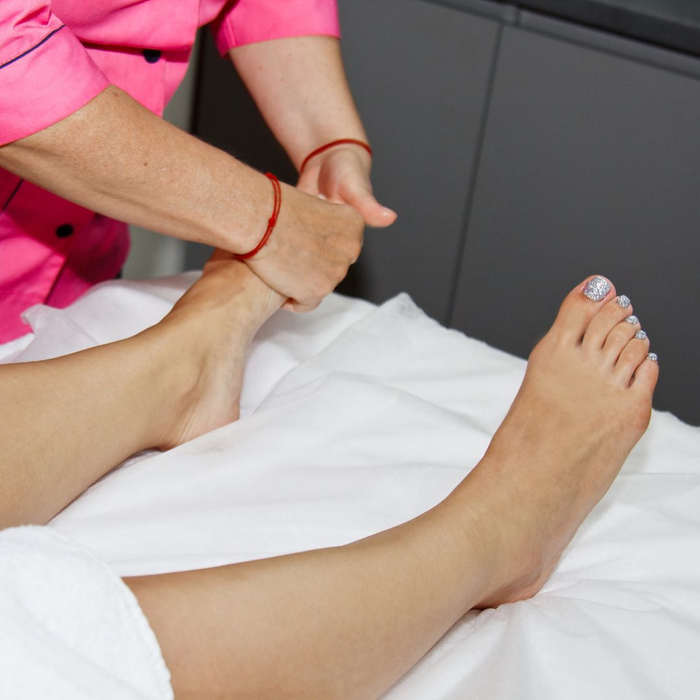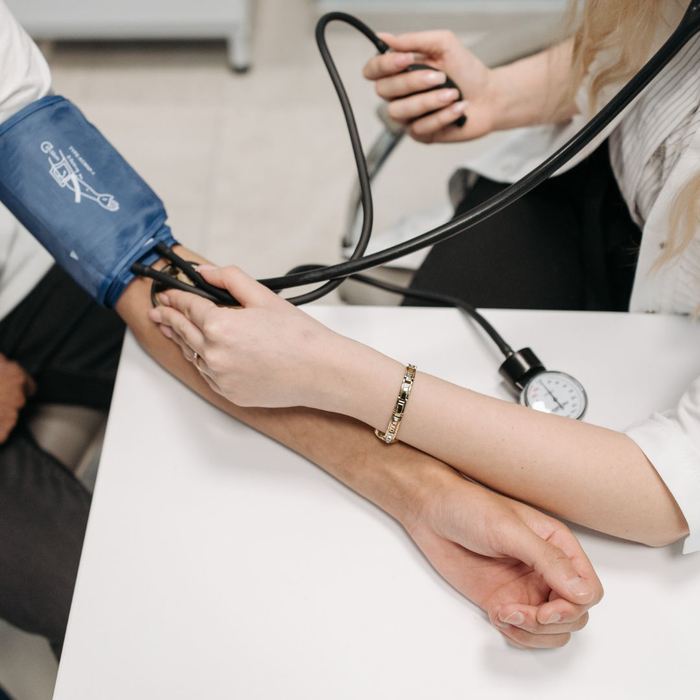
Why Are My Legs Cold?
At Southern Kentucky Vascular, we believe that understanding your symptoms is the first step toward effective treatment. Experiencing cold legs can be unsettling. Our bodies are wonderfully designed to distribute blood, providing oxygen and warmth to all extremities. When the heart pumps blood, it works diligently to ensure that every part of our body receives the nutrients and warmth necessary for optimal functioning. If you've noticed that one or both of your legs are persistently cold while the rest of you feels comfortable, it warrants a closer examination.

Why Your Extremities Shouldn’t Feel Cold
Cold legs can arise from various factors, but one of the most common culprits can be linked to Peripheral Arterial Disease (PAD). This vascular disease develops when the arteries that supply blood to the limbs become narrowed or blocked due to plaque buildup. When this blockage occurs, the blood flow to the legs is compromised, resulting in a lack of circulation that can lead to coldness. If you find yourself frequently asking, "Why are my legs cold?", schedule an exam to check for arterial disease with Southern Kentucky Vascular today.

Indicators of Vascular Issues
When the arteries become narrowed — often due to the aforementioned plaque buildup — the body struggles to deliver adequate blood to the legs, leading to a sensation of cold. Particularly, you might notice that one leg feels colder than the other. This asymmetry can be a clear indicator that something is off in your vascular system. Understanding these symptoms is crucial, and it’s perfectly fair to ask these questions when you notice something seems wrong.

What Other Factors Could Contribute to Cold Legs?
Other factors might influence your body's circulation. For example, natural responses to cold weather can constrict blood vessels, restricting blood flow to your extremities. However, if you're in a warm environment and still observing consistent coolness in your legs, that’s a red flag indicating potential vascular issues. When our body is functioning optimally, you shouldn’t experience such localized coldness. Cold legs can also accompany other symptoms of PAD, including numbness, weakness, or painful cramping during physical activity. These signs highlight the importance of identifying and addressing vascular issues promptly.

When to Seek Help
If cold legs are a recurrent problem for you, it’s wise to schedule an examination with our team at Southern Kentucky Vascular. Our focus in Somerset, KY, is dedicated to providing the highest quality of vascular care. During your visit, we will conduct a thorough assessment to determine if your symptoms are related to PAD or another vascular condition. Early diagnosis is essential, as PAD can lead to more severe complications if not treated appropriately.

Environmental Factors vs. Vascular Issues
In diagnosing conditions related to cold legs, our team will discuss your medical history, lifestyle, and any other symptoms you may be experiencing. We often perform tests such as an ankle-brachial index (ABI), which measures the blood flow to your legs compared to your arms. This test helps us identify any blockages in the arteries of your legs. By understanding your unique situation and symptoms, we can develop a tailored treatment plan if necessary.

Strategies to Combat Cold Legs
Our commitment at Southern Kentucky Vascular is to ensure you receive the care and information you need. We strive to empower our patients through education, making sure you are well-informed about your condition and treatment options. If cold legs are a symptom you are experiencing frequently, don’t hesitate to reach out to us.
Vascular Disease and Its Symptoms
Cold legs can be a sign of vascular disease, particularly when they persist in comfortable settings or when accompanied by other troubling symptoms. The way your body functions should not leave you with one area significantly colder than others, and this imbalance may indicate an underlying issue such as a blocked artery in the leg. Recognizing this disparity and seeking medical advice is paramount to diagnose and treat any potential issues early on.
We invite you to schedule an appointment with our expert team at Southern Kentucky Vascular to take the necessary steps toward better vascular health and improved quality of life. Your health matters to us, and we are here to support you on your journey to wellness.
